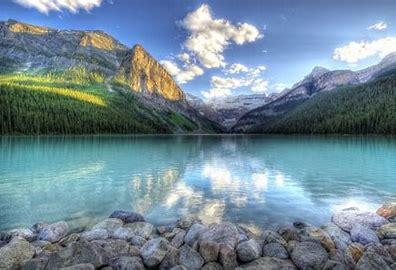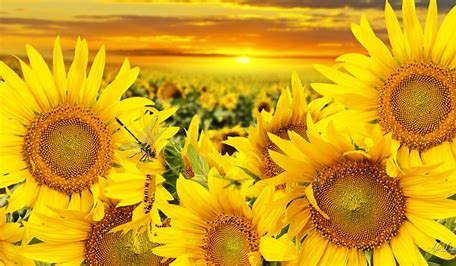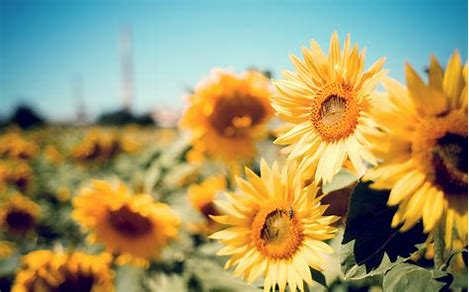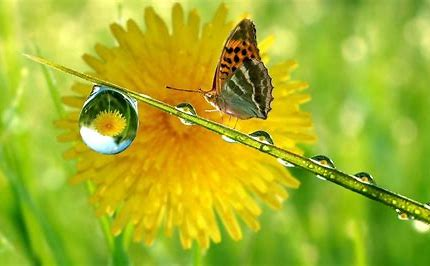
When Tony Doherty saw the koala outside the car window, it had just crawled out of the burning bush, and it was writhing across the road, its dark gray fur was charred, and it seemed to be frightened, and it was crawling towards it. Another burning wood across the road.
"It looks very fragile." Tony jumped out of the car, took off his white T-shirt while running, rushed into the woods, wrapped it in the T-shirt, and carried it out.
She put it on the ground away from the flames and fed it with mineral water. Koalas are animals that usually drink almost no water, and they get a lot of water by eating eucalyptus leaves. However, at this time, the terrified little animal hugged Tony's mineral water bottle tightly with its two claws and swallowed it quickly. Tony poured water on it to cool it down, its body was extensively burned, and it whimpered in pain as the water and hands touched its skin.

"I've never heard a koala bark like that, it's almost like crying," Tony said. She wrapped it in a blanket, which was covered in dark red blood.
The koala was rushed to Port Macquarie, Australia, where there is the only koala hospital in the world dedicated to the care and protection of koalas.
Since September 2019, the forest fires in Australia have been burning for nearly 5 months. The fire area has so far exceeded 10 million hectares, at least 24 people have died, more than 2,000 houses have been destroyed, and countless animals have been killed and injured. combustion". The three states mainly swept by the fires - New South Wales, Queensland and Victoria on the east coast are Australia's most important koala habitats. Today, about 80% of these habitats have been destroyed. According to a New York Times report in mid-January 2020, about 25,000 koalas died in the fire.

"It's almost impossible for them to escape. Kangaroos can jump, birds can fly, but koalas just crawl slowly," said one firefighter. When encountering wildfires, they just climb to the top of the tree and curl up into a ball. Eucalyptus is one of the most heat-resistant tree species in the world, but it still cannot withstand wildfires of this scale. When the temperature on the top of the tree is too hot, they have to climb down the tree, their claws are burned by the scalding ground, and they can never return to the tree. superior.
endangered for a long time
Tony named the koala he rescued - Louis, which was her grandson's name. She saw it at the Koala Hospital. It was lying in the basket, nibbling the eucalyptus leaves quietly, Tony stroked its head gently, it looked up at her, then lowered its head and continued nibbling on the leaves.

Koalas are docile by nature, slow to move, and spend most of their lives sleeping on eucalyptus trees. Former US President Barack Obama, Russian President Vladimir Putin, German Chancellor Angela Merkel... Almost every dignitary who visited Australia left a photo of a koala in his arms. They hug people's necks or calves as tightly as eucalyptus trees, and they are naive. For tourists visiting Australia, "how to hold a koala correctly" and "where to hold a koala" are one of the must-do homework.
But in fact, long before this fire, the living environment of koalas in Australia was not optimistic.
According to statistics from the Australian Biodiversity Center, the number of koalas in 2016 was around 300,000, but with the intensification of climate change and the encroachment of koala habitats by humans in recent years, the number of koalas has dropped sharply to 40,000 to 100,000. . They died of natural disasters such as wildfires and droughts, as well as man-made disasters such as car accidents and poaching. In some areas, the number of koalas has plummeted by 80%. At present, koalas have been included in the endangered animal list in many parts of Australia.
In addition to natural and man-made disasters, koalas often die from inexplicable human malice. In 2018, Australian animal protection officers found a koala, about 5 years old, in a park in Queensland, its forelimbs had been nailed to a wooden post, and was found dead from blood loss.
"The koala is functionally extinct across Australia," Deborah Thabart, president of the Australian Koala Foundation, wrote gloomily in a May 2019 statement. This judgment has sparked controversy in the zoological community. Extinction is usually applied to animal groups with only a few hundred remaining, and many people believe that the number of koalas can still maintain self-reproduction and has not reached such a dangerous level. But Ms Deborah firmly believes in her judgment that at the current rate, koalas will become extinct within the next three generations.
"I drove to almost all of their habitat. I know very well that no koala colony is safe. I don't care what other people say, I've been there, I've seen what condition they are in, I want to Write these down, I have been doing this job for 31 years." She told the media excitedly.